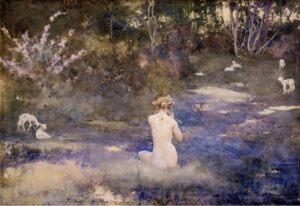The best pastoral writers of all time are Brontë, Ovid, Virgil, Hesiod, Horace, Theocritus, Orwell, McCarthy, Hardy, Shakespeare, Jonson, Fletcher, and Tasso, Spenser, Milton. The pastoral genre can be traced to Ancient Greece (over two thousand five hundred years ago!), and pastoral characters often have Greek names which gesture to this lineage.
So, what is pastoral literature? It’s also known as bucolic literature, and that’s because it features a (usually) idealised depiction of country life, or farming life. We see people living harmoniously with nature, perhaps as shepherds or farmers.
This variety of literature is usually served up to urban audiences, with the rural landscape operating as a kind of utopia, or space for utopian allegory.
It sounds quite foreign, until you begin to recognise some of the tropes in your own favorite literature!
Think of Winston and Julia escaping to the wilderness in 1984 for instance: pastoral influences pop up all over the place.
Don’t forget that if the pastoral genre features the country as idyllic, many genres feature a lack of nature, or the destruction of nature as dystopian.
My favorite pastoral writer of all time is Emily Brontë, and her masterpiece Wuthering Heights. Brontë shocked Victorian society with this pastoral romance which subverted the tropes of both genres with flair.
In this work she challenges Renaissance idyllic depictions of the rural, resurrecting a dirtier and earthier relationship with nature as seen professed by balladeers.
The Best Ancient Pastoral Writers
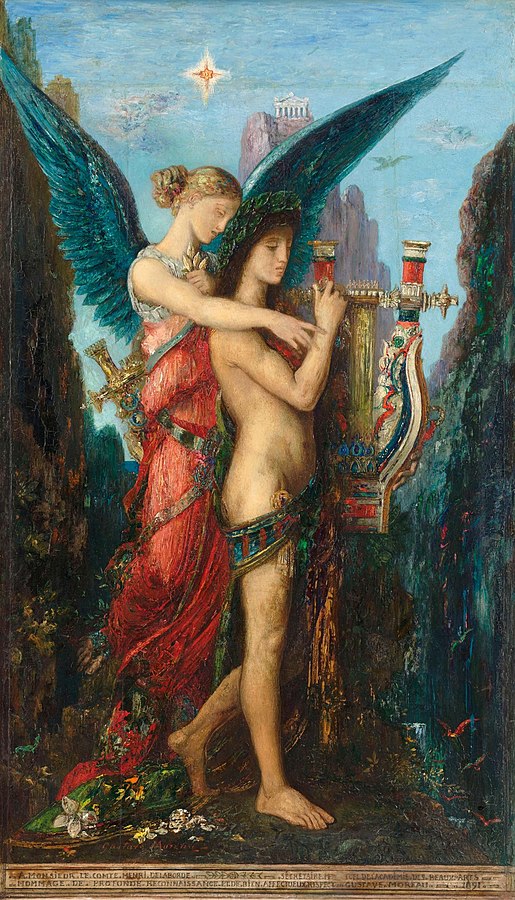
Image: Hesiod and the Muse by Gustave Moreau
The best Ancient pastoral writers are Hesiod, Ovid, and Theocritus. Hesiod’s famous Works and Days depicts people living together in harmony and peace, in a bygone era. The Ancient Greeks, even in this early society, had a conception of a preceding time in which human relations were more harmonious.
Hesiod might have laid the foundations of this genre for the many pastoral writers to come, such as Ovid and Theocritus. Ovid’s Metamorphosis features nature as a great punisher, in the place of the Gods, and Theocritus Idylls 1 features humans living in an idealized state with nature.
We can see that the pastoral has been around for a long time, and is not going anywhere.
The Best Pastoral Poets
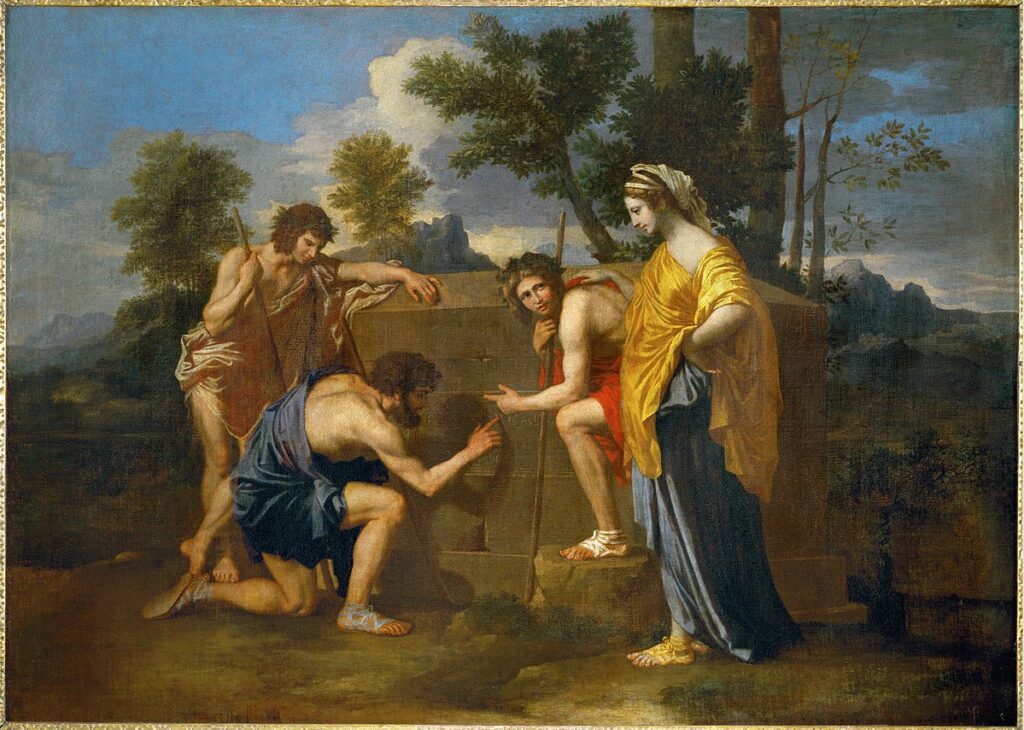
Nicolas Poussin Et in Arcadia ego, 1637-1638, Louvre
The best pastoral poets are Virgil, Horace, Spenser, and Milton. We’ve seen that the form likely began in Ancient Greece (that’s what our records indicate anyway). As with most things Greek, the pastoral was picked up enthusiastically by the Romans, and the tradition has continued until today!
Of all categories of writer, the pastoral is most readily engaged with by poets. Virgil’s Eclogues introduced several key ingredients including the use of the rural setting as political allegory. Got something too dangerous to say? Depict someone saying it in a society distant from your own.
Horace’s Epodes depicts a gentleman too obsessed with worldly and urban affairs to depart for the perfection of the country: already by the Roman period we are seeing skepticism about the practical reality of the idyllic underpinnings of the genre.
Edmund Spenser’s pastoral epic The Faerie Queene is one of the most famous works in English literature, and includes an element of political allegory, although the epic is thought to have been written in praise of Queen Elizabeth I.
The pastoral is political, or biblical at the very least. What’s the most famous depiction of and ideal state of nature? The Garden of Eden in the Bible has got to be one of them.
Milton’s Paradise Lost depicts Adam and Eve in nature, tending to the plants and animals – a scene of pastoral harmony.
However, Milton depicts this pastoral bliss from the perspective of Satan in a, deeply surprisingly, sympathetic mode towards Satan.
What was Milton suggesting? How did polite society ever embrace this depiction?
Well, Milton constructs his great epic in such a way to create space for thoughtful engagement with theology: how’s that for pastoral allegory?
The Best Pastoral Playwrights
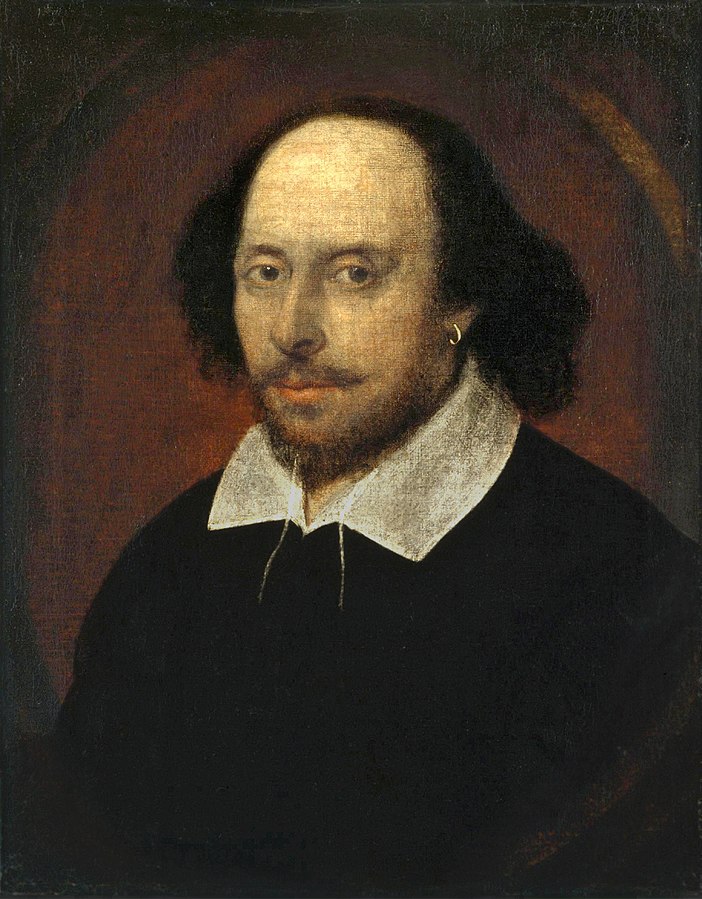
The best pastoral playwrights are Shakespeare, Jonson, Fletcher, and Tasso. Many contemporary pastorals escape this category because we prefer to label theatrical works as comedies, tragedies, and histories (so audiences know what they are paying for I guess!). We’ve fallen out of familiarity with the genre and tropes of the pastoral.
Shakespeare’s As You Like It features what are probably the most popular and well known pastoral passages. In typical Shakespearean fashion, the playwright slightly subverts the expectations of the genre, bending the form to suit his messaging. Shakespeare presents us with a world in which the urban and rural sustain and heighten each other: each sphere is at its best when balanced with the other (Shakespeare loved a bit of balance, didn’t he?).
Some other wonderful pastoral plays to check out are Ben Jonson’s The Sad Shepherd, John Fletcher’s The Faithful Shepherdess, and Torquato Tasso’s Aminta. While it’s the poets that are particularly interested in the pastoral, look out for any contemporary plays which feature favorable depictions of nature, and you’re well on your way to discovering a contemporary pastoral.
The Best Pastoral Novelists
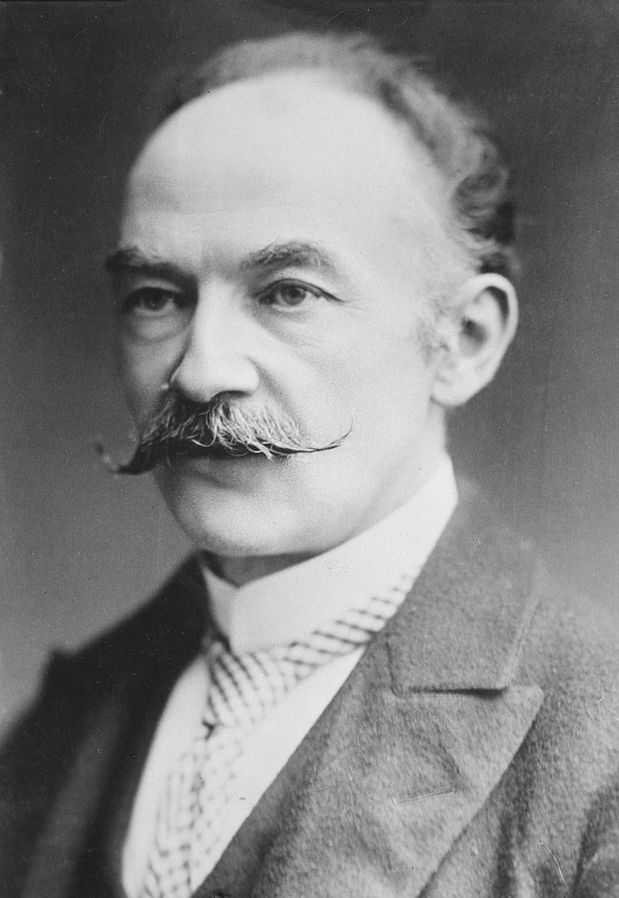
Thomas Hardy
The best pastoral novelists are Thomas Hardy, George Orwell, and Cormac McCarthy. The genre of the pastoral is not readily taken up by, or discussed in relation to, novelists. Novelists, whose work more readily falls into other categories such as science fiction, still borrow from and enrich the corpus of pastoral works.
Thomas Hardy’s Tess of the D’Urbervilles features a depiction of the countryside as generative and nourishing; of mind, body, and soul. As the contemporary world, the Modern world, increasingly encroaches into wild spaces, horror and destruction ensues.
We may love urban landscapes, but if we were cognizant of the natural landscapes they are laid over would we feel as enthusiastic? Probably.
Cormac McCarthy’s novels display a complex relationship with the natural.
McCarthy depicts nature, and especially man’s nature, as red in tooth and claw.
However, we still witness his protagonists turning to the natural world for spiritual rejuvenation, and identity formation.
In his Pulitzer Prize winning work The Road the destruction of nature has created a world very nearly devoid of meaning, and hope.
In Orwell’s 1984 Winston and Julia find authenticity and happiness beyond the concrete confines of the city, escaping into nature to express their love, and their true human instincts and desires.
Orwell taps into the rich literary vein which holds that the face we present to others in urban environments is a false one, and we are more expressive of our true nature, and in touch with ourselves, when in pastoral or rural surrounds.
Conclusion
If you are thinking of reading some pastoral literature, the best pastoral writers are Brontë, Ovid, Virgil, Hesiod, Horace, Theocritus, Orwell, McCarthy, Hardy, Shakespeare, Jonson, Fletcher, and Tasso, Spenser, Milton. Pastoral works exist in a variety of genres and forms, so hopefully there is something to read for every lover of nature!

